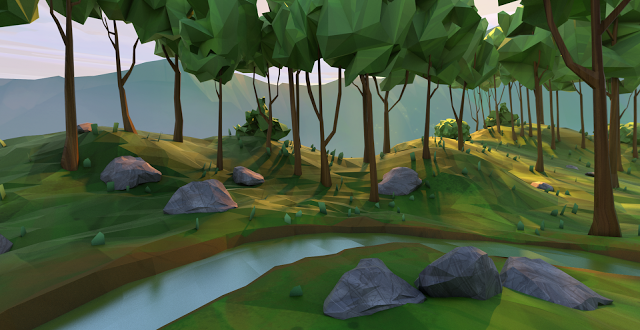This morning in our Mountain View, CA backyard, we kicked off Google I/O, our annual developer conference. Much has changed since our first developer event 10 years ago, and even more since Google started 17 years ago. Back then, there were 300 million people online, connecting through desktop machines; today that number is over 3 billion, with the majority using mobile devices as their primary way to get information, organize their day, get from point A to point B, and stay in touch. In a world in which the mobile phone has become the remote control for our daily lives, Google’s mission “to organize the world’s information and make it universally accessible and useful” is truer and more important than ever before.
The Google assistant
When we think of the Google search experience today—a rich panel of information on [Zika virus], or an alert telling you your flight is delayed—it’s striking to see how far things have come from the early days of 10 blue links. Many of these advances have been thanks to machine learning and artificial intelligence—specifically, areas like natural language processing, voice recognition and translation—and they have helped us build an increasingly useful and assistive experience for users. They are the ingredients that make Google speech recognition the most accurate in the world, and that let you take a picture of a sign in Chinese and see it translated into English.
Progress in all of these areas is accelerating, and we believe we are at a seminal moment. People are increasingly interacting naturally with Google, and aren’t just looking for the world’s information but actually expecting Google to help them with their daily tasks.
Which is why we’re pleased to introduce…the Google assistant.
The assistant is conversational—an ongoing two-way dialogue between you and Google that understands your world and helps you get things done. It makes it easy to buy movie tickets while on the go, to find that perfect restaurant for your family to grab a quick bite before the movie starts, and then help you navigate to the theater. It’s a Google for you, by you.
We also previewed Android Wear 2.0, including a revamped user experience and standalone apps that run right on the watch, no matter where your phone is or even if it’s off.
Finally, we’re introducing Android Instant Apps—which let you run Android apps instantly, without requiring installation.
Firebase
Today we launched a big expansion of Firebase, our most comprehensive developer offering to date. Going beyond a mobile backend, the platform helps developers quickly build high-quality apps, grow their user base, and earn more money across iOS, Android and the mobile web.
Tackling global challenges with smarter tools
Machine learning and AI are changing not only computing, but also the way in which we tackle problems we’ve never been able to solve before. The opportunities are even greater when we harness the powers of open-source tools to make them available to the broader developer and researcher community. Imagine what we could do if we work together and use these technologies to tackle challenges in climate change, health care or education. As our machine learning and AI capabilities get smarter and more versatile, these possibilities are starting to appear on the horizon. These are very exciting times indeed.
Posted by Sundar Pichai, CEO, Google https://4.bp.blogspot.com/-Nilr6F7t1AU/Vzx1LP1d1SI/AAAAAAAASUc/rkjvgsCCl3kH3k331gHAWxMC05MZWxNiwCLcB/s1600/GH_Livingroom.jpg <!– INSTRUCTIONS Enter info below to be used in google.com/about site blog syndication. Leave elements empty if there is no valid data. Example: https://4.bp.blogspot.com/-Nilr6F7t1AU/Vzx1LP1d1SI/AAAAAAAASUc/rkjvgsCCl3kH3k331gHAWxMC05MZWxNiwCLcB/s1600/GH_Livingroom.jpg –>

